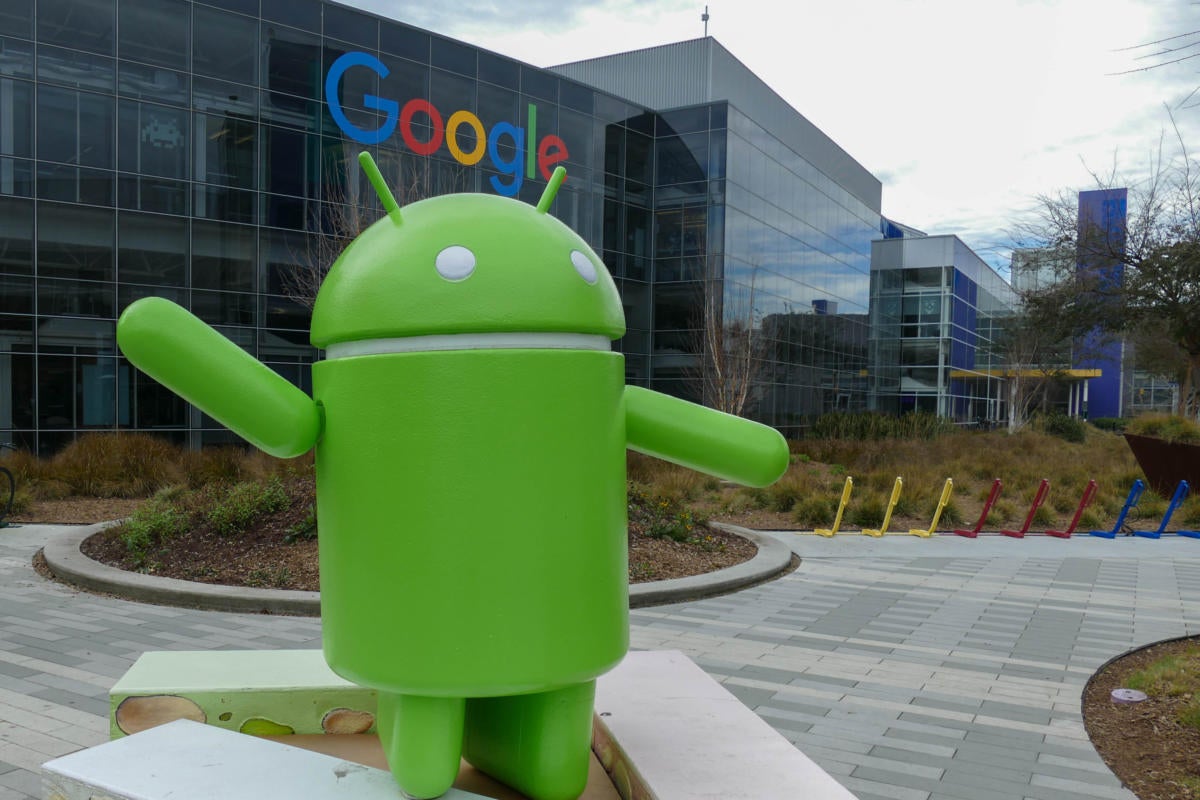Google announced on Thursday that it will protect its generative AI customers against any intellectual property claims made on the data used or output served by Google-hosted AI models.
By extending protection in its cloud and workspace environments, Google joins the list of technology firms that have recently announced IP support for using their own generative AI tools. These include companies like IBM, Microsoft, Amazon, and Adobe.
“If you are challenged on copyright grounds, we will assume responsibility for the potential legal risks involved,” Google said in a blog post.
Google said the protection would span across all Google environments using the Duet AI collaborator, and the company’s homegrown generative AI engine Vertex AI.
The indemnity clause by leading technology companies will likely bring in hope as generative AI’s challenges over privacy, security, and intellectual property violations peak. In a recent report that underlined the growing adoption of Gen AI in development, nine out of ten developers said they heavily consider intellectual property protection when making decisions on whether to use generative AI.
Google announces training data indemnity
The protection is going to be two-fold, Google said. The first of which is about indemnifying Google customers against IP rights claims made over the training data used by the customer for Google’s in-house generative AI capabilities.
“Our training data indemnity covers any allegations that Google’s use of training data to create any of our generative models utilized by a generative AI service, infringes a third party’s intellectual property right,” Google said.
The protection covers all the services using Google’s Generative AI models with the company emphasizing that “regardless of the training data underlying all our services, Google indemnifies you.”
This is an important protection in light of recent litigations sought by a community of US authors against the unlawful training of ChatGPT using their work.
Protection includes generated output indemnity
The second leg of Google’s protection comes in the form of generated output indemnity which applies to allegations that generated output infringes a third party’s intellectual property rights.
“The generated output indemnity provides you with a second layer of protection, as the generated output is created by our customers in response to prompts or other inputs that they provide to our services,” Google said.
The generated output indemnity will apply to Duet AI in Google Workspace and to a range of Google Cloud services, including Duet AI in Google Cloud, Vertex AI Search, Vertex AI Conversation, Vertex AI Text Embedding API or Multimodal Embeddings, Visual Captioning or Visual Q&A on Vertex AI, and Codey APIs.
Google has called for customer discretion as it cautions them to not intentionally create or use generated output to infringe the rights of others and always use existing and emerging tools to cite sources to help use generated output responsibly.
Copyright © 2023 IDG Communications, Inc.
This story originally appeared on Computerworld

